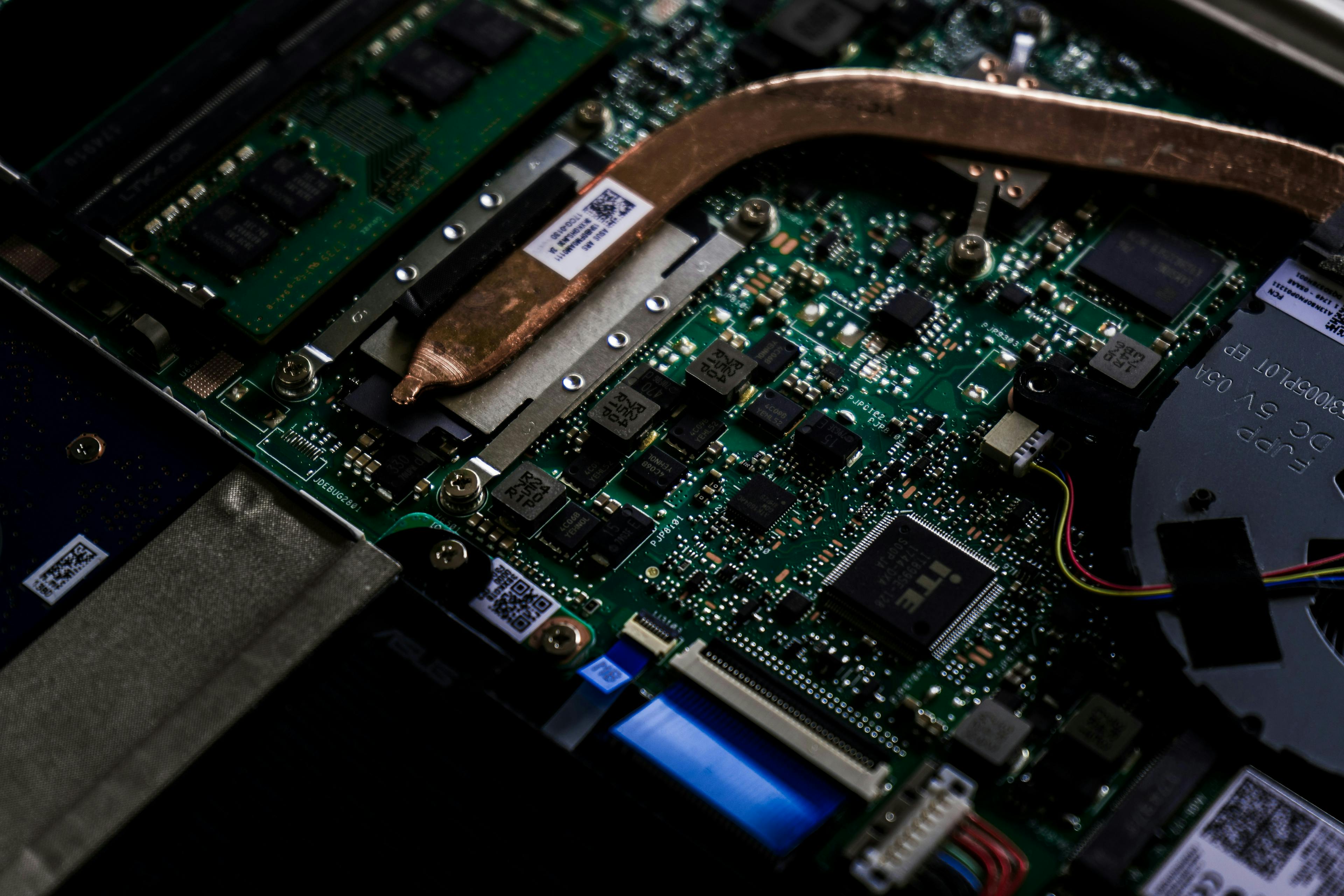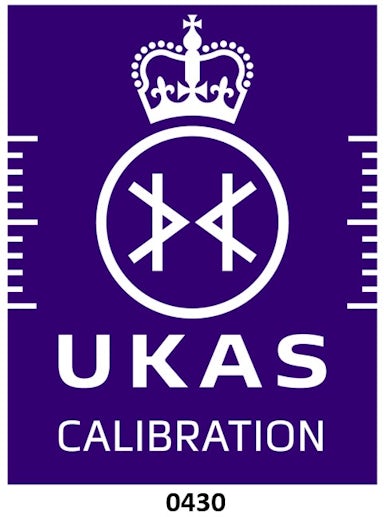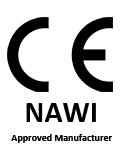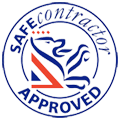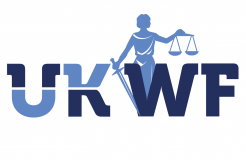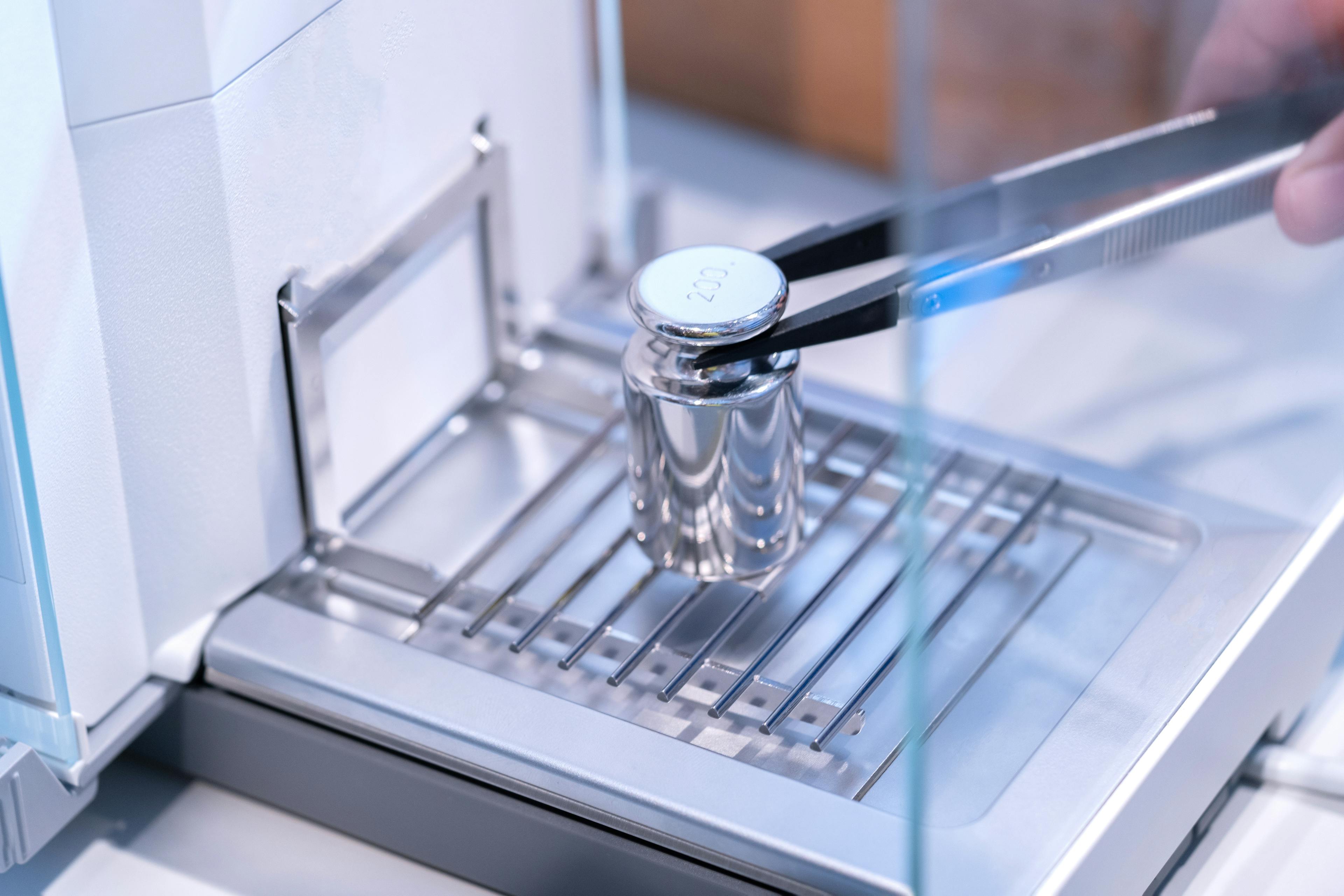
UKAS Calibration
UKAS Calibration
UKAS calibration certification is the highest level of certification for weighing equipment that takes into account all the uncertainties of measurement including air buoyancy of test weights etc to provide an uncertainty of measurement statement to a 95% confidence level. UKAS Calibration helps you stand out showing your customers and suppliers that your results are credible and robust.
The UKAS ISO IEC 17025 calibration of scales and laboratory balances is all about traceability and confidence in the measurement results. UKAS ISO17025 accreditation assures you that all measuring equipment has an unbroken chain of traceability back to national standards.
We are a UKAS accredited calibration laboratory and our reports are simple to understand and offer complete peace of mind that the weighing results you achieve are reliable and within the equipment's tolerance range.
You can view our UKAS Accreditation here and view an example certificate of calibration here.
Get in touch to find out how we can help.
FAQs
Calibration is crucial because it ensures that measurement instruments and equipment are accurately aligned with established standards. This process verifies the reliability and accuracy of measurements, which is essential across various industries such as manufacturing, healthcare, and research.
Without proper calibration, there's a risk of inaccurate measurements leading to errors in production, testing, or analysis. Ultimately, calibration directly impacts quality by ensuring consistency, reliability, and precision in processes, products, and services. It helps maintain standards, compliance with regulations, and customer satisfaction by minimizing errors and maximizing the reliability of data and results.
The frequency of calibration depends on several factors, including the type of equipment, its usage, the industry standards, and regulatory requirements. Typically, calibration intervals are determined based on manufacturer recommendations, industry best practices, and internal quality assurance protocols.
Some equipment may require calibration on a monthly, quarterly, or annual basis, while others may need calibration only when there are significant changes in environmental conditions, usage patterns, or after a certain number of measurements.
It's essential to establish a calibration schedule based on risk assessment, historical data, and the criticality of measurements to ensure that equipment remains accurate and reliable. Regular calibration helps maintain consistent quality, compliance with standards, and confidence in measurement results.
UKAS accreditation demonstrates that an organization meets internationally recognized standards for technical competence and impartiality. It signifies that the organization's procedures, personnel, equipment, and quality management systems have been rigorously evaluated and found to meet the required standards.
Organizations accredited by UKAS are trusted to deliver reliable and accurate calibration, testing, and certification services. UKAS accreditation provides assurance to customers, regulators, and other stakeholders that the results and reports provided by accredited organizations are credible, trustworthy, and internationally recognized.
In summary, UKAS accreditation plays a vital role in ensuring the quality, reliability, and integrity of calibration, testing, and certification services in the UK and beyond.
Read more on UKAS calibration on our dedicated page.
